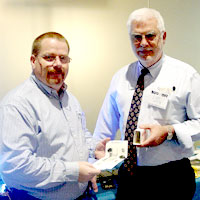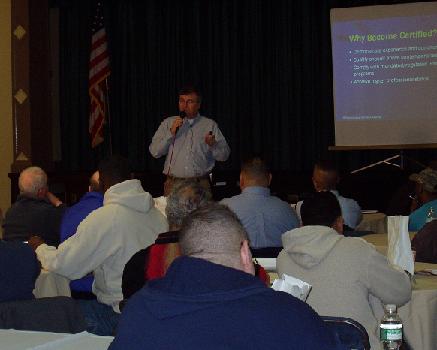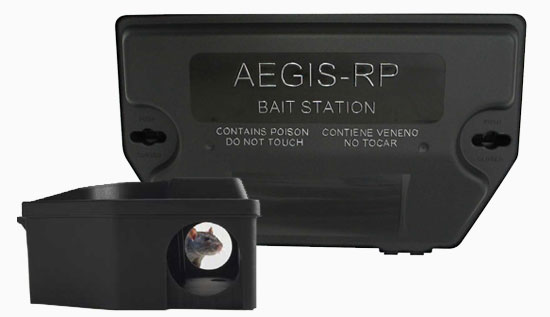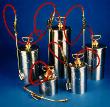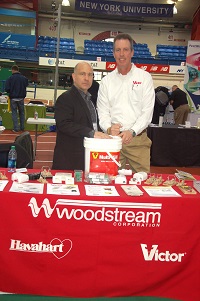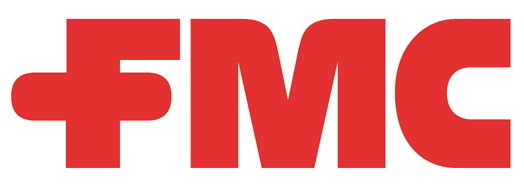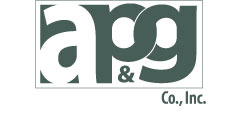24 Feb Occasional Invaders and the Perfect Perimeter Treatment, February 24, 2000
This program on perimeter treatments dealt with inspection and identification of factors conducive to perimeter pest infestations. There was an overview of the major occasional invaders (clover mites, centipedes, millipedes, sowbugs, pillbugs, crickets, earwigs, boxelder bugs, beetles, firebrats, silverfish, ticks, fleas, wasps, bees, spiders,...



